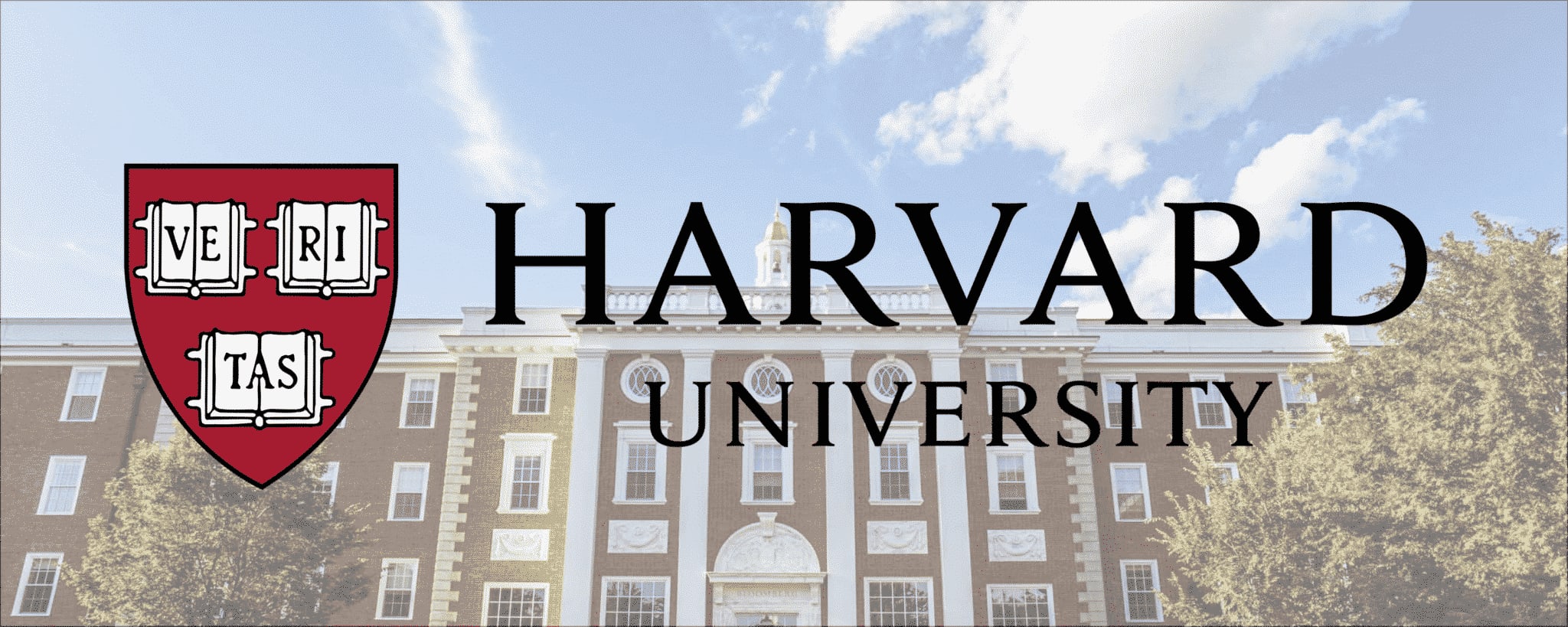Harvard University sues Trump administration over federal funding freeze.

Harvard University in the United States has filed a lawsuit against President Donald Trump's administration in protest against the decision to freeze federal funding for university research, amounting to billions of dollars.
The lawsuit, detailed in the university's newspaper "Harvard Crimson," stated that the administration launched a "abusive and unconstitutional campaign" against the university in response to its refusal to comply with what it described as "unlawful" demands.
University President Alan Garber stated in an official statement: "The federal government took successive actions last week after Harvard refused to comply with its unjust demands." He added: "Today we filed a lawsuit to stop the funding freeze, as it is considered an illegal action that exceeds the government's authority."
Lawsuit Details and Government Demands
The 51-page lawsuit sought to overturn the decision to freeze $2.2 billion in federal grants, in addition to any financial measures related to Trump administration communications on April 3 and 11, which the university deemed "unconstitutional conditions."
The document also indicated that the administration offered Harvard and other academic institutions a "clear trade-off": either submit to government control over its academic affairs or lose vital federal support for medical and scientific research.
Escalation of Government Measures
The lawsuit came one day after the Trump administration announced a new cut of $1 billion in federal grants and contracts allocated to Harvard, in addition to a previous $2.2 billion cut announced last week.
The administration also expanded its attack on the university to include restricting its ability to host international students and reconsidering its tax status, rejecting its requests for intervention in internal university policies.
Violation of Academic and Constitutional Freedoms
Harvard accused the administration of seeking to "directly control the intellectual environment" on campus, noting that its demands violate the First Amendment of the U.S. Constitution regarding freedom of expression.
The university's statement clarified that the government's conditions included "monitoring" the opinions of students and faculty members, and reducing the influence of individuals targeted by the administration due to their ideological orientations.
The university denied any compromise of its independence, confirming its rejection of the "proposed agreement" by the administration. It also pointed out that these measures "exceed the constitutional authorities of the federal government" and conflict with Harvard's values as an independent academic institution.
Emphasis on Academic Research Freedom
Finally, the university emphasized that "freedom of thought and research is the foundation of universities' contributions to building a free society," expressing concern that this step represents a dangerous precedent allowing governments to interfere in academic affairs.
The statement read: "We are partners in the responsibility to defend these freedoms, which have enabled universities to improve the lives of millions around the world."